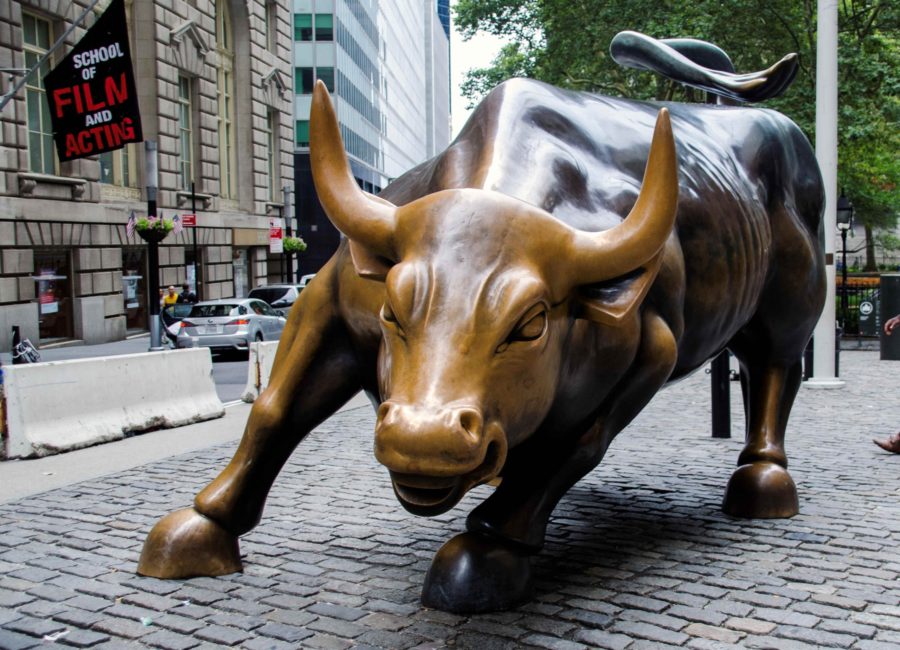
Should You Exercise Stock Options During a Pre-IPO Window?
Is exercising stock options right before a company goes public a good idea? Employees with pre-IPO incentive or non-qualified stock options often wonder if they
Insights from Kristin McKenna CFP®, a nationally recognized expert in employee stock options and equity compensation. Articles cover a range of topics about employer stock, such as exercising options, tax planning strategies, Section 1202, considerations during a lock-up, and what to do with the proceeds. The blog also discusses liquidity events such as IPOs, mergers, or acquisitions and what happens to stock if you’re laid off or leave the company. Key insights for founders and executives on strategic stock option planning and strategies to best manage sudden wealth.

Is exercising stock options right before a company goes public a good idea? Employees with pre-IPO incentive or non-qualified stock options often wonder if they


Working for a startup can pay off big financially, but a lot must go right along the way. If you are considering taking a job


The Instacart IPO is on hold…again. What should employees with stock options do when their employer’s IPO stalls? In truth, best practices around an IPO


Quite simply, a down round is when a company raises money at a lower valuation per share relative to earlier financing rounds. A simple example:


More companies entered the public markets in 2021 than any other year on record. From traditional IPOs or SPACs, and even direct listings, it was a banner



Although the most common way for a company to go public is through the traditional initial public offering (IPO) process, it’s not the only method.


What happens to stock options if a company goes public without an IPO? A Direct Public Offering (DPO) or direct listing is a way for


With so much emphasis on IPOs, investors are sometimes surprised when publicly traded companies decide to go private. There are many reasons a company may


Losing your job is stressful. If you’ve been laid off, you may be wondering what will happen to your stock options or restricted stock units.


What Happens to Stock Options After a Failed IPO? WeWork (now called The We Company) was just steps from a historic initial public offering when